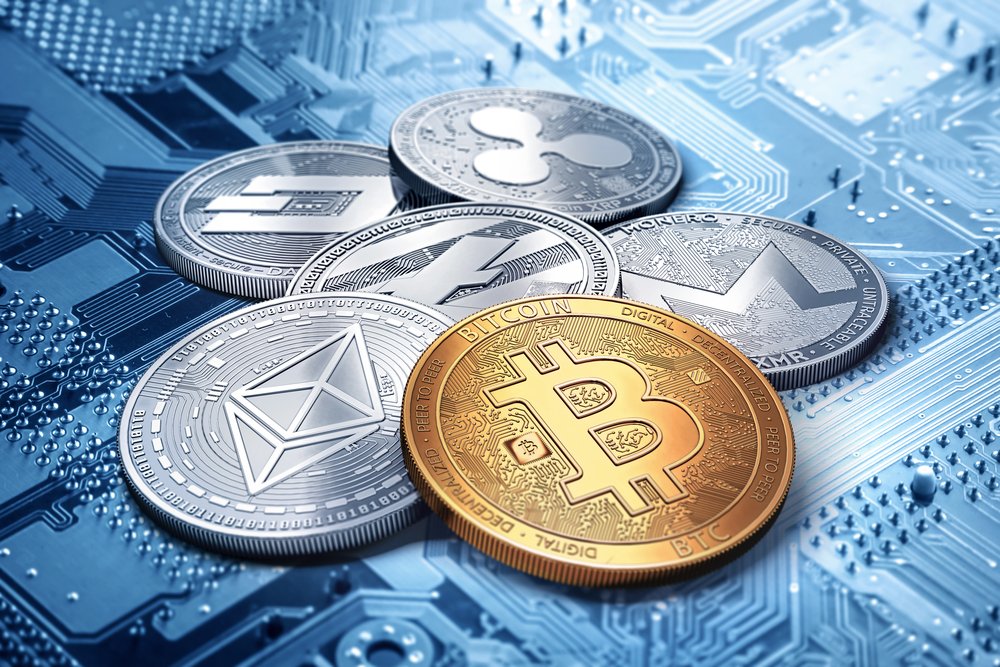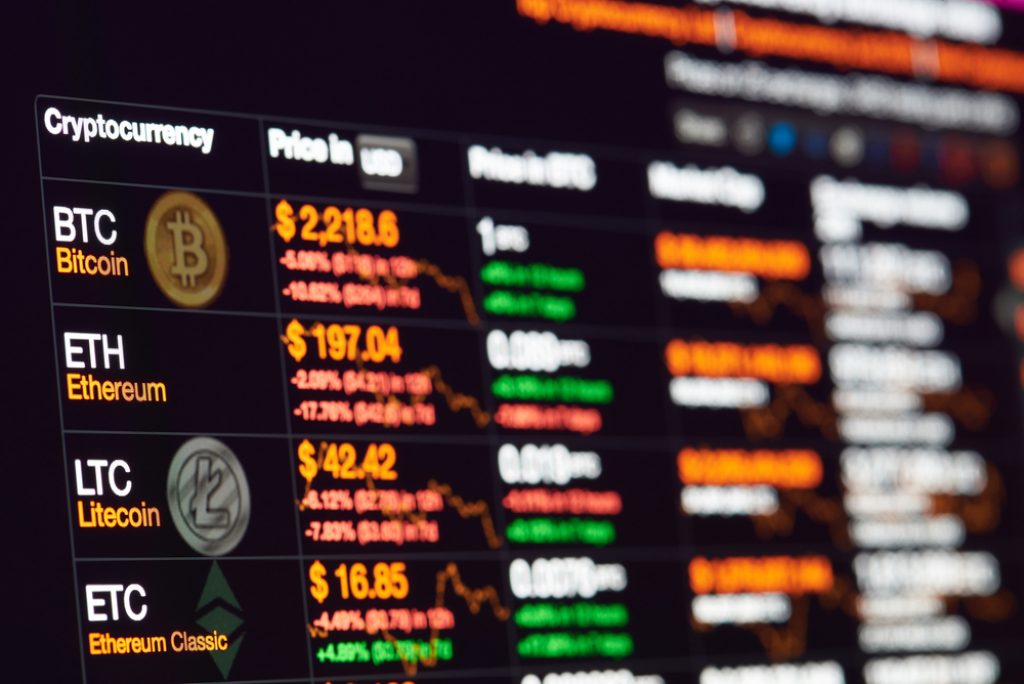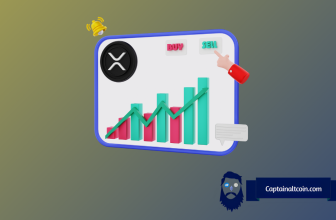
Traditionally, you can invest in stocks, real estate, bonds, and other investment vehicles using your Self-Managed Super Fund (SMSF). But nowadays, you can also use your SMSF to invest in cryptocurrencies. Cryptocurrencies are digital assets that use cryptography.

Although buying and selling cryptocurrencies are unregulated, using your SMSF in crypto investments must be compliant with the Australian Taxation Office (ATO). One of the requirements you need to comply with is to secure your SMSF crypto investments.
That being said, you can secure your crypto investments by doing the following:
1. Use Secure Wallets
Cryptocurrency wallets are responsible for keeping your public and private keys secure. These keys are vital for monitoring, receiving, and sending digital currencies.
As to the degree of security from these wallets, you need to understand the essential details on these crypto wallets. Before using your SMSF for crypto investments, visit Crypto Head to learn more about them through free guidelines.
As per SMSF guidelines, you must secure your crypto investments using a secure wallet. You need to understand how these wallets work to choose the best option for your SMSF crypto investment:
- Cold Wallets – Used to store your cryptos in a sturdy and safe environment using physical devices. Cold wallets are also known as hardware wallets, which means they don’t use an Internet connection. As a result, your cold wallet won’t get infected by a virus when plugging the cold wallet into a computer. However, it’s pricey because cold wallet offers a high level of protection. Moreover, cold wallets only store specific digital currencies that are popular.
- Hot Wallets – These are also known as online or digital wallets. Hot wallets use online encrypted servers to store cryptos. Hot wallets are popular since they’re not as expensive as cold wallets. Most hot wallets can accommodate almost all cryptos, and they’re even free to download. Because you can access your hot wallet using the Internet, the risk comes higher as hot wallets are prone to viruses and hacking.
- Paper Wallets – Paper wallets merely refer to a print-out of your private and public keys. However, when paper wallets are lost or stolen, your private and public keys can be used to access your crypto investment.
When choosing a secure crypto wallet, look out for these characteristics:
- For web wallets, you should select a site that uses HTTPS as this has a secure protocol.
- Also, crypto wallet logins must be strong by using two-factor authentication (2FA).
- If the wallet has a multisig (multisignature) feature, the better. The feature makes crypto transactions more secure from attackers and theft. It’s because the multisig feature requires more than one key to authorize a crypto transaction.
- Your wallet provider must be transparent. Their site must contain profiles of who they are and how they operate. Moreover, they should use open source codes to allow peer check and review vulnerabilities.
- Also, a secure wallet should use Hierarchical Deterministic (HD) as it doesn’t reuse wallet addresses. This way, it’ll protect your wallet for privacy matters.
- One of the key factors you need to consider is the wallet’s reputation. You can know their reputation based on the experience of wallet users. Search them on the Internet or on highly reputable sites, too.
2. Use More Than One Wallet
If you keep all of your cryptos in one wallet, your cryptos could all vanish once your wallet gets hacked. Although it’s time-consuming and might even be hard to keep track of your transactions, using more than one crypto wallet is better. Even the most secure wallet becomes ineffective when you lose or forget your public and private keys. That’s why you can minimize your loss if you don’t put all your crypto investments in one wallet.
You can still track your transactions when you use an organized listing. Some wallet providers even offer easy-to-download platforms that you can use when it’s time to submit reports on your annual return to the ATO. You are also required by the law to submit your SMSF crypto investmenst’s annual return for tax purposes.
3. Secure Your Crypto Private Keys
Don’t rely too much on your wallets for your crypto private key. Instead, make a backup list of your crypto private keys so you won’t lose your keys if your wallets are lost. A private key is composed of cryptographic codes used in accessing your cryptos.
Every time you make a transaction, list down your private keys. You can use a pen and paper or online sheets to keep your keys listed. But make sure that you keep them in a secure place. Losing them could also mean losing your cryptos.
4. Don’t Use Unsecure Networks
When accessing your crypto wallet or making crypto transactions, use a secure network. A secure network has a login or password as part of its security feature before you can access the network. On the other hand, an unsecured network doesn’t have this type of security, which makes it more vulnerable to cyber attacks.
If your network is not safe, a hacker can intercept your IP address. Thus, they can steal your cryptos as well as your personal information.
That’s why it’s best to use your private network instead of public servers.
Conclusion
Creating an SMSF is one of the ways to grow your funds for retirement. That’s why diversifying your funds into crypto investments is better. You can increase your money over time with cryptos. That’s why to keep your SMSF crypto investment safe, use secure wallets. Moreover, you should also be wary of your actions so you won’t give opportunities to crypto hackers.







